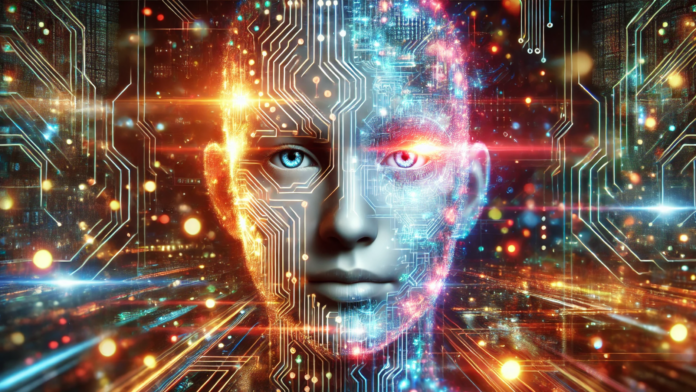Blockchain technology has become a major buzzword in the tech world, and for good reason. Originally designed to democratize user authority across various sectors, blockchain has evolved from technical whitepapers to real-world applications impacting numerous consumer-facing industries. However, with its growing demand, some limitations have surfaced, alongside increasing development costs for those building and testing new networks. How can the ecosystem evolve to accommodate the next generation of developers?
As the blockchain skill gap widens globally, it’s crucial for the ecosystem’s key players to empower developers with simplified production environments. The dominance of a few leading networks has highlighted both the benefits and drawbacks of a one-size-fits-all approach. To foster innovation, we need more developers to deploy solutions tailored to specific sectors such as financial services, healthcare, and gaming.
The blockchain trilemma—balancing scalability, security, and throughput—remains a significant challenge. Integrating AI into blockchain networks could be the key to making them more responsive and adaptive to user needs. Custom networks could then be designed to meet the unique requirements of different sectors, ensuring data privacy, scalability, and speed.
Layer 2 solutions like rollups and side chains are already providing practical workarounds by processing transactions off the main chain, significantly increasing throughput without compromising the security of the underlying Layer 1.

AI’s potential in blockchain extends beyond enhancing functionality and efficiency. AI-integrated networks can optimize operations like transaction validation and network security management by dynamically adjusting blockchain parameters in real-time. This predictive capability allows for efficient distribution of transactions across shards or rollups, reducing latency and boosting scalability.
By enabling developers to create their own AI-integrated Layer 1 and Layer 2 solutions, reliance on major networks can be reduced. This diversification fosters a healthier, more competitive environment and spreads out associated risks.
Several platforms are already showcasing the benefits of this approach. For example, zero-knowledge rollups and optimistic rollups on the Ethereum network have successfully reduced transaction costs and increased throughput without compromising security. These technologies use advanced cryptographic techniques to process transactions off the main chain, illustrating the potential for scalability and efficiency.
Despite these advancements, integrating AI into blockchain is not without challenges. The computational intensity of AI models, ethical implications of autonomous systems, and regulatory hurdles require careful consideration and proactive management.
The future of blockchain technology must embrace flexibility, innovation, and customization. To achieve this, developers, stakeholders, and regulators need to collaborate to support the evolution of blockchain into a versatile tool that can transform diverse industries. This collaborative approach will address current challenges and pave the way for blockchain technology to become central to global digital infrastructure. From economic transactions to securing sensitive data, blockchain can maintain the integrity and efficiency users demand.
AI-integrated blockchains represent a promising path forward, offering the potential to create development environments tailored to specific industry needs. By addressing the blockchain trilemma and empowering developers with innovative tools, the ecosystem can evolve into a diverse and competitive landscape. This will not only solve existing challenges but also set the stage for blockchain technology to play a crucial role in our digital future.















